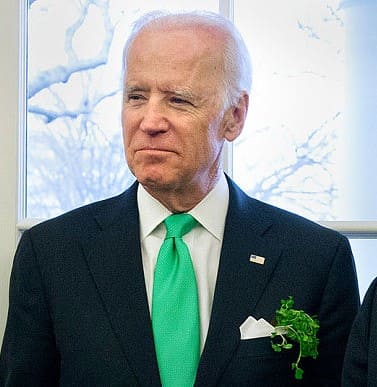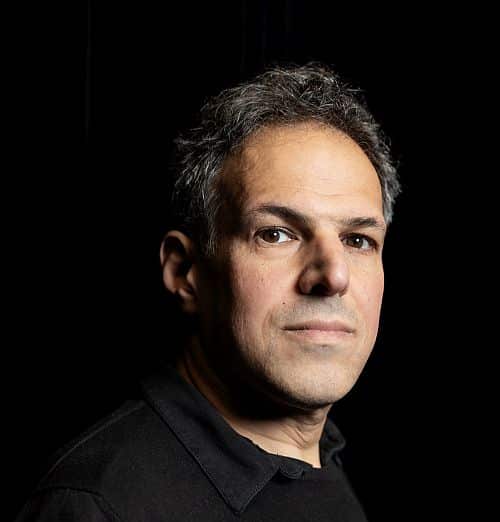Manhattan College ‘cannot afford’ orchestra coach
NewsThe private, Roman Catholic university founded in 1853, finds itself in such dire straits that music students cannot continue to run an orchestra for lack of competent teaching.
… ‘Things like orchestra are not just social, they’re also learning-based,” said Gwendolyn Toth, director of orchestra. ‘They help the brain, they help if you’ve had a tough day at classes. Orchestra is often the thing that kind of clears your head and revives you to go home and do some more homework.’
Miriam Duncan, senior, secretary of the ensemble board and performing arts scholar, explained to The Quadrangle how these new limitations have changed the ensemble’s day to day rehearsals.
‘It’s been awful, we don’t have the budget to do anything really,’ said Duncan. ‘We used to have instructors come in once a week at rehearsals to help us all improve a little bit. They’re professionals we hired and they can’t come anymore at all. They used to give private lessons, that was part of what you got for taking orchestra as a class. You got three private lessons, overall, your four years. They just cut that off completely because we can’t afford them anymore.’
Any volunteers from the Met orchestra or the NY Phil?
Read on here.






Comments